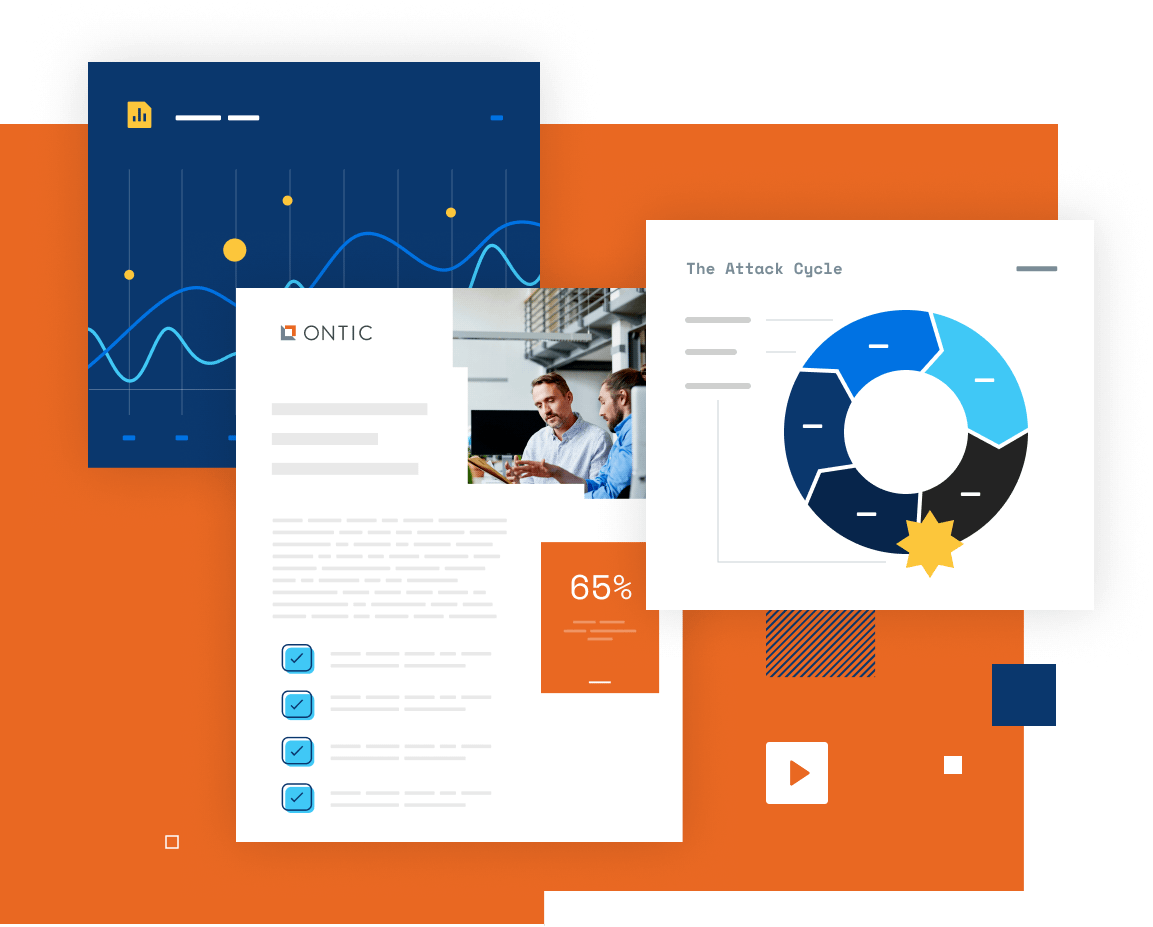A Unique Approach to Corporate Security in Biotech: A Q&A with Exact Sciences
![Copy of RESOURCE DETAIL MAIN - [asset-type]_[name] (4) Copy of RESOURCE DETAIL MAIN - [asset-type]_[name] (4)](https://ontic.co/wp-content/uploads/2022/12/Copy-of-RESOURCE-DETAIL-MAIN-asset-type_name-4-1035x716.png)
We recently sat down with Scott Brinkman, the Associate Director of Global Security at Exact Sciences Corporation, to discuss the approach his team takes to protective intelligence, threat assessment, and how his corporate security program differs within a fast-moving biotech company.
Exact Sciences Corporation is an international molecular diagnostics company specializing in the detection of early-stage cancers. Scott has been at Exact Sciences for just over five years. In his role, he leads a 24/7/365 department responsible for the safety and security of all Exact Sciences employees, facilities, and assets across the globe. Prior to joining Exact Sciences and forming the corporate security program, he worked for Union Pacific where he served as a special agent overseeing public safety and law enforcement operations for the company within the State of Wisconsin. Earlier in his career, he worked as a local law enforcement officer for more than ten years, which included serving as a Field Training Officer (FTO) and Association President. He holds a bachelor’s degree in Criminal Justice and Master of Business Administration (MBA) from Lakeland University.
What do you see as the top security concerns in biotech today?
Brinkman: The biotechnology industry operates at warp speed. Change is constant. This presents challenges for security leaders to stay aligned with the business and ensure new and existing threat and risk landscapes are evaluated and mitigated appropriately. There is a clear convergence between physical and cyber threats, and it is paramount that both IT and physical security teams collaborate and share information to avoid silos.
How have you continuously improved physical security measures to better protect your employees, clients, and assets?
Brinkman: It is critical companies continually evaluate and improve their physical security posture. Ensuring employees, assets, and patient data are secure reduces overall risk to the company while enhancing a culture of safety and security. Collaborating and benchmarking with industry peers is critical, as is creating strong public/private partnerships – especially with local public safety partners who play a key role in crisis response.
What is your approach to developing an intelligence program? Is this approach at all unique to the biotech industry?
Brinkman: When building out Exact Sciences’ protective intelligence program I was fortunate to hire a great team of subject-matter experts from the intelligence field and provided them with the tools, resources, and support needed to help build our intelligence pillar. Working collaboratively and connecting with other intelligence subject-matter experts across not only the biotechnology industry but other sectors has helped strengthen our program and helped us align our program with the business and industry best practices.
What are some technologies that all biotech companies should be implementing now to “future-proof” their operations?
Brinkman: The establishment of an in-house Global Security Operations Center (GSOC) allows a company to have a single touch point for security and risk resources across the organization. In a steady state environment, a GSOC will handle requests for security services, monitor real-time risk and intelligence feeds, review security cameras for situational awareness, monitor alarms, and communicate to the organization through mass communication systems when required. A GSOC also serves as the command center for a critical event that directly affects – or has the potential to affect – employees, assets, or property.
Integrating both critical event management and intelligence platforms within the GSOC environment – which includes Ontic – allows for real-time 24/7/365 monitoring of threats and hazards that may impact employees and facilities, and allows security and other business decision-makers to collaborate based on the most up-to-date information available.
Why is threat assessment such a critical component to any intelligence program but especially one in the biotech industry?
Brinkman: Threat assessment is essential to any intelligence-driven security program. Threat assessment allows a company to establish a level of concern and adjust protective measures accordingly. A valid question when it comes to physical security and executive protection is, “What is it you are protecting us from?” Threat assessment allows us to answer that question with the granularity necessary to justify what is often a significant expenditure of resources.
The biotechnology field presents some additional concerns and considerations. The field is fast-paced and often changing which can add to workplace stress. This stress can be seen in changing job functions and reductions in force, both of which can be potential precursors to workplace violence.
The protection of intellectual property is essential in the biotech industry. Although we commonly think of threat assessment as it relates to workplace violence, it plays a key role in any insider threat awareness program as many of the behaviors associated with workplace violence can also be associated with the theft of intellectual property.








